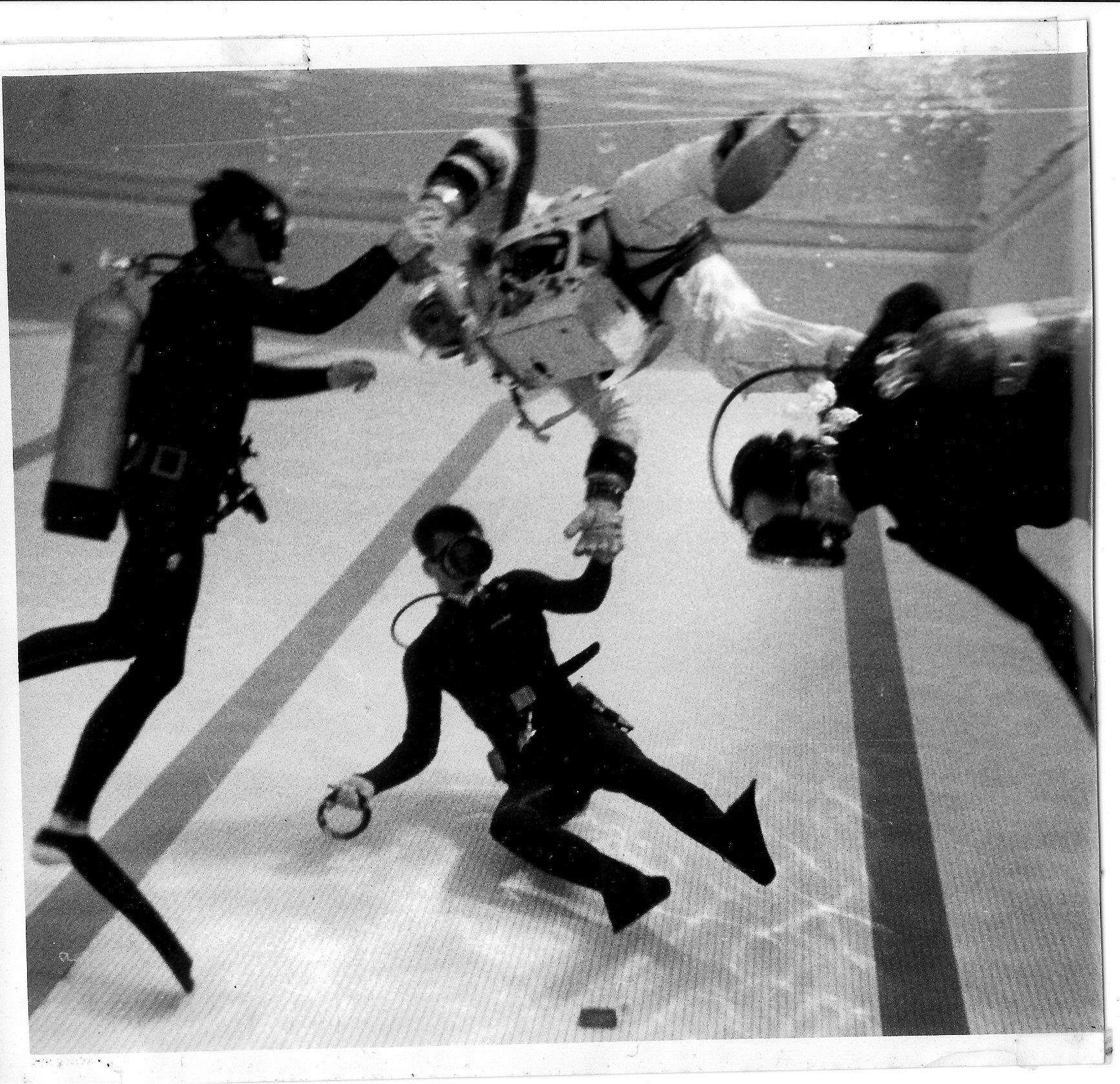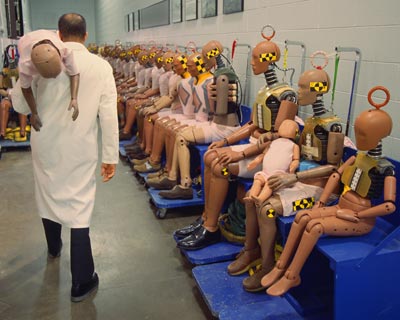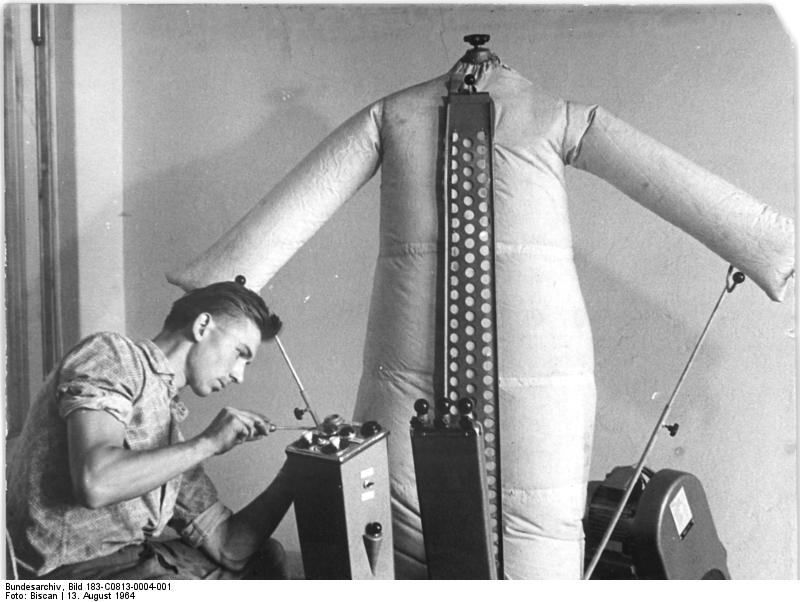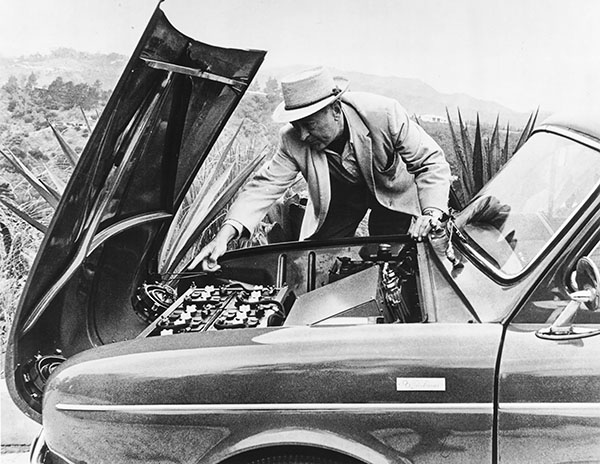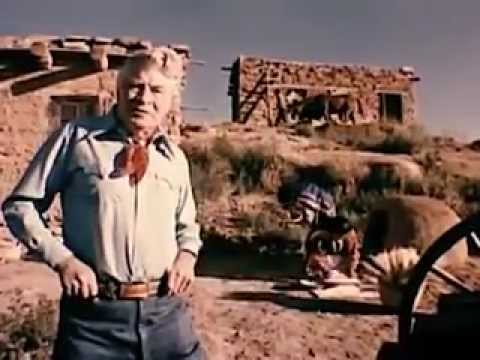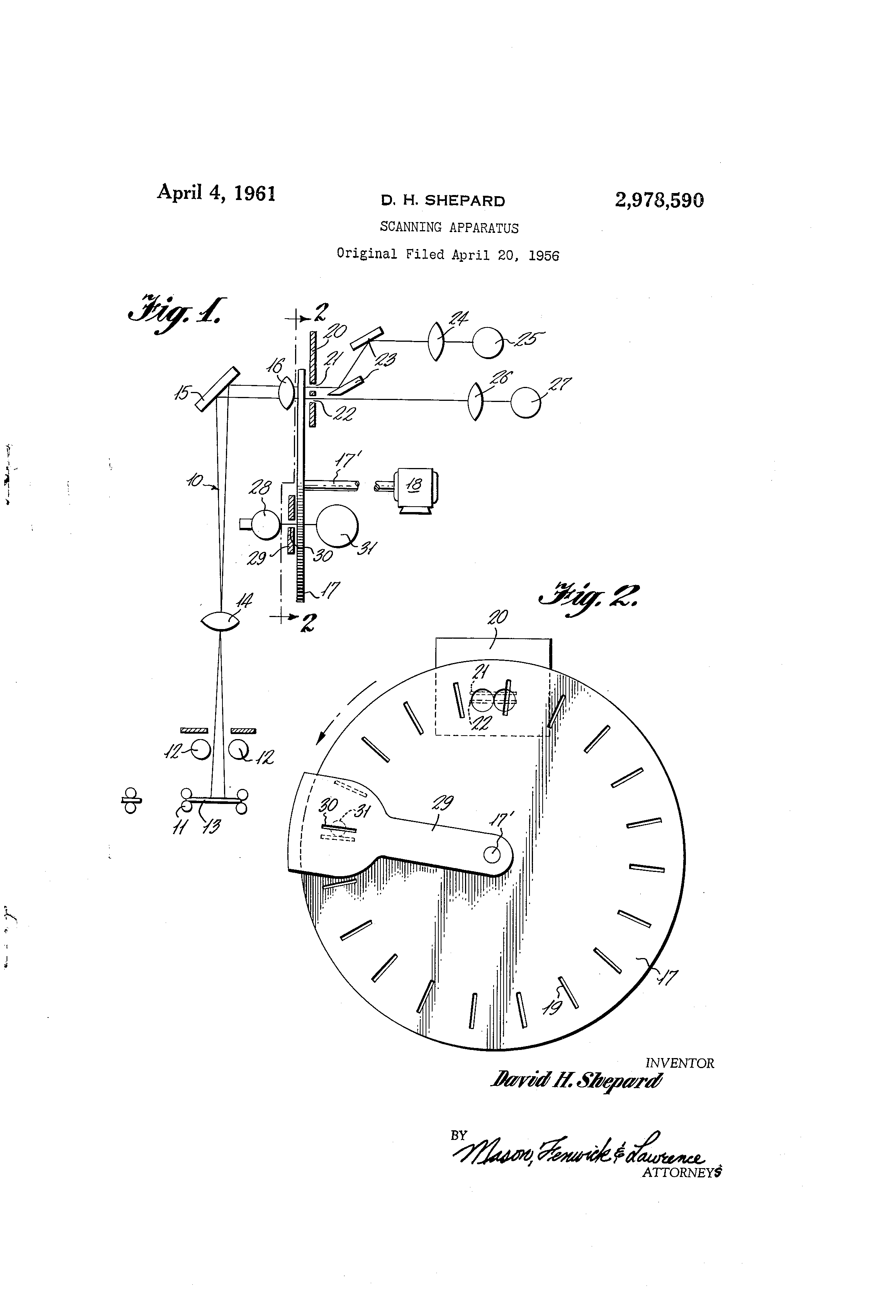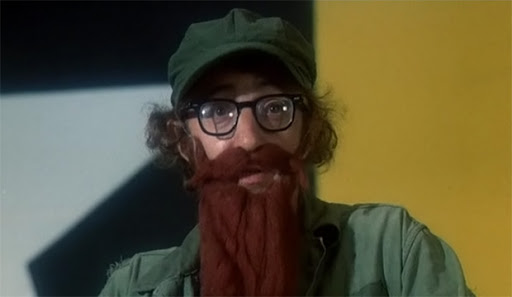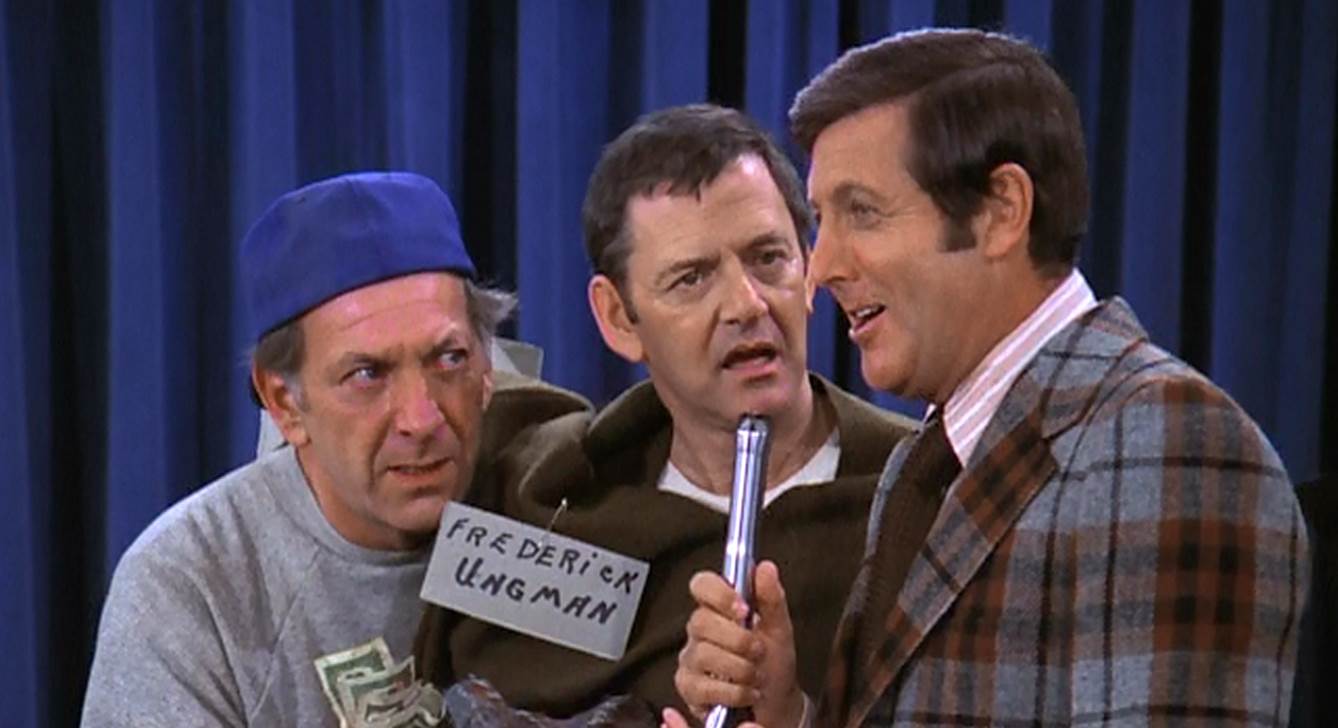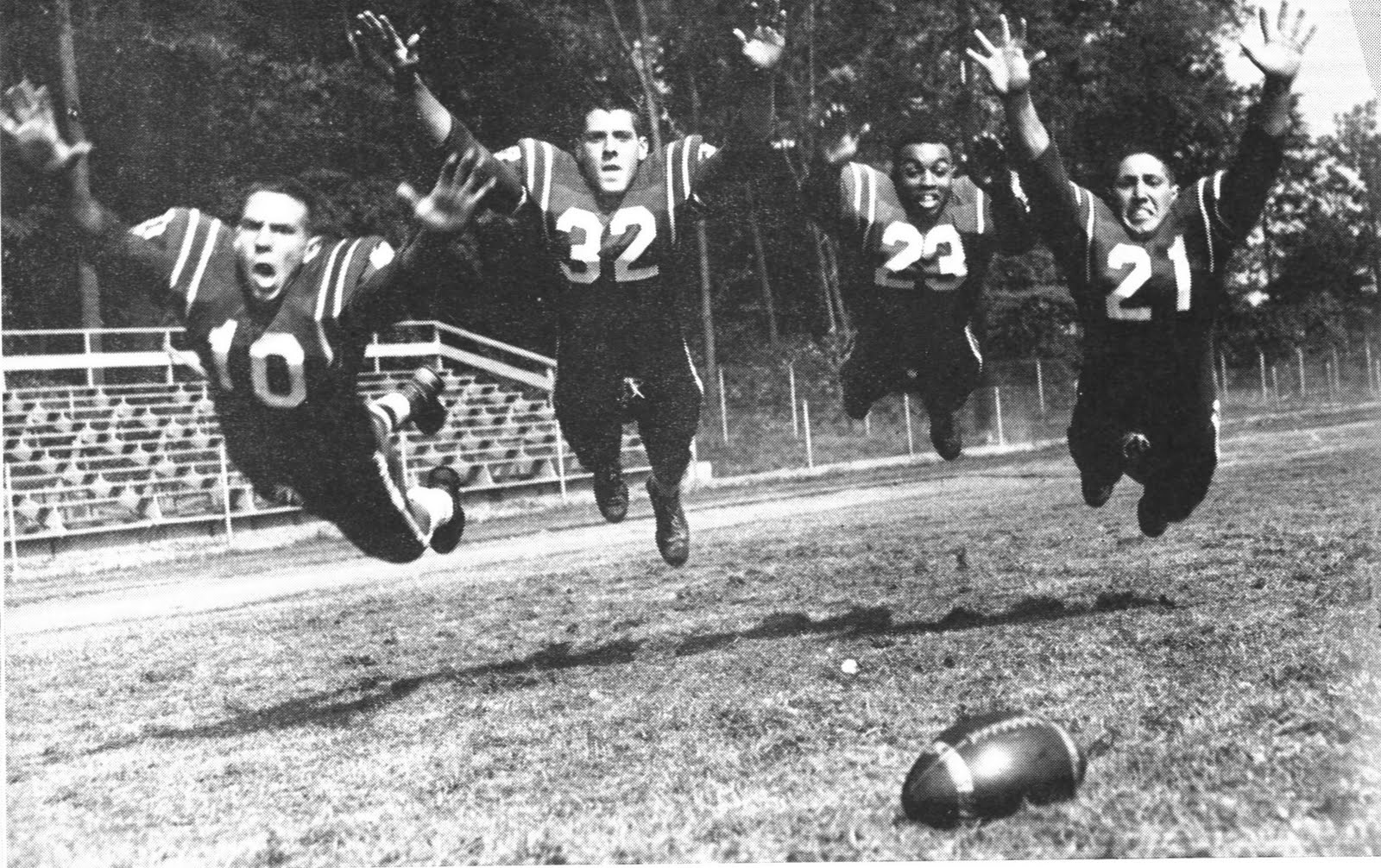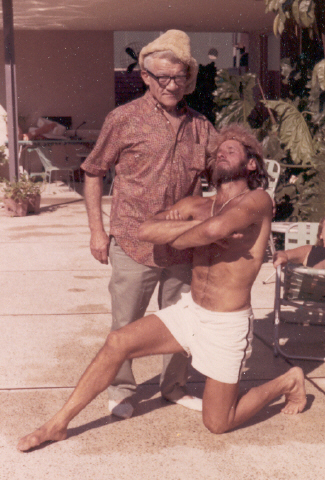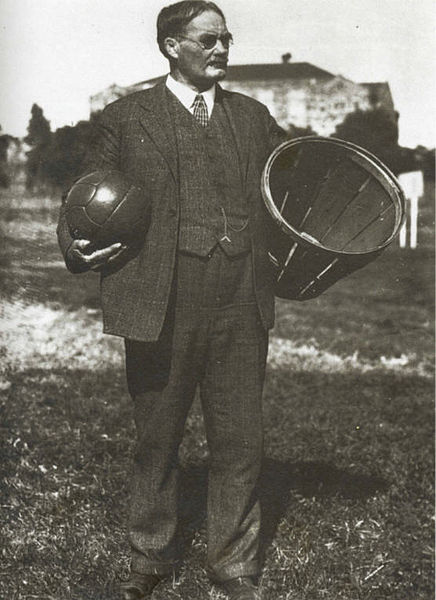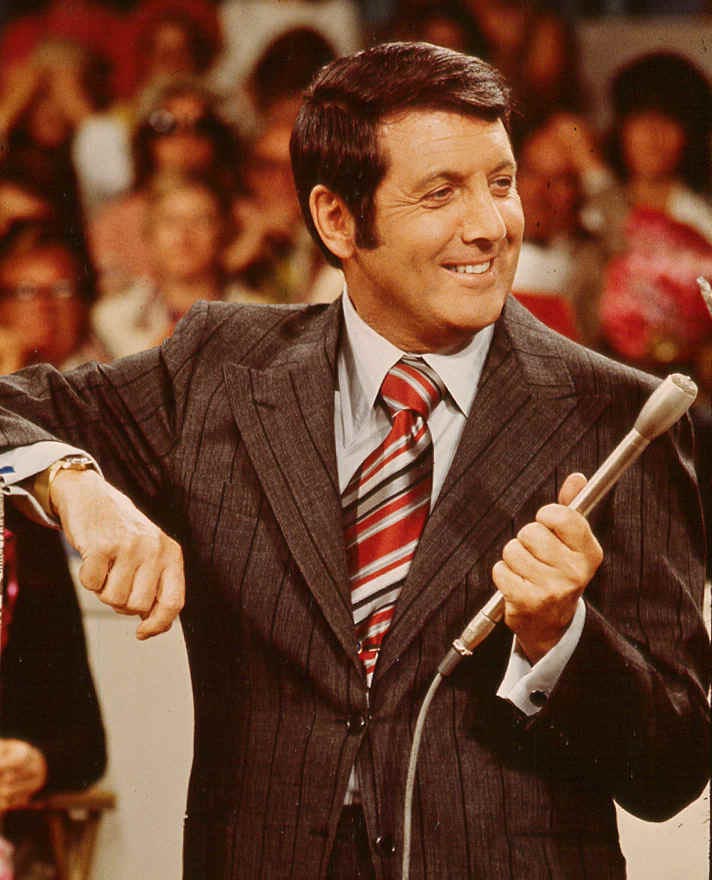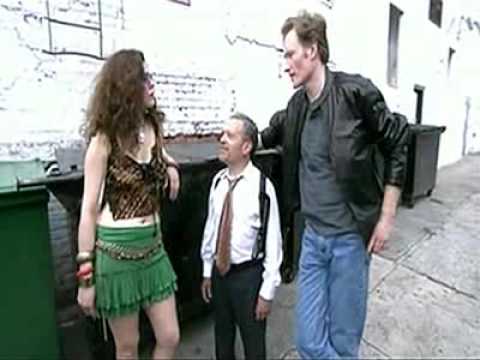
Economist Robert Reich, small but perky like a Tina Fey tit, just did an Ask Me Anything at Reddit to promote his new documentary, Inequality for All. He makes the comment that “the rich have done the best when everyone else is doing well.” That’s historically true, but have the rich ever done better than they’re doing now? (I’m talking about the super-rich, of course.) What’s really bad for most has been great for them. A few exchanges follow.
_________________________
Question:
Professor Reich, you are a noted supporter of free trade and outsourcing. From a neoliberal economics perspective, these policies are justifiable, but don’t they dramatically undermine the bargaining power of the American working class?
Robert Reich:
Not if they’re done correctly. For example, our trade treaties should require that our trading partners have a minimum wage that’s half their nations’ median wage (and we should do the same) — thereby helping ensure that the benefits of trade are spread widely.
_________________________
Question:
You appear to be a strong advocate for growing the economy as a way to pay off America’s debt obligations. What are your thoughts on the idea that economic growth is ultimately unsustainable, given the accelerated depletion of key natural resources that would be required to fuel such growth?
Robert Reich:
Growth isn’t the problem. It’s what the growth is used for. Rich economies have healthier environments than poor economies in large part because they can afford to protect their environments. Productivity gains — through invention and innovation — will enable us to save more energy in the future. But we need a carbon tax to get incentives right.
_________________________
Question:
Realistically, what are some policies that could pass this Congress that would be good for the country. We hear so much about what wouldn’t pass, but where is there bipartisanship. I’d love your input, Professor.
Robert Reich:
I think the Democrats should introduce a bill to raise the minimum wage to at least $10.50/hour — which is what it would be if the 1968 minimum wage had just kept up with inflation. The vast majority of Americans agree. Many Republicans would come along. It would be a worthy fight.
_________________________
Question:
Professor Reich, I am a big fan and looking forward to seeing the film. However, I believe the rich & powerful in this country actively DO NOT want a successful middle class in the U.S., because that means the laborers have too much power. (Also a reason why they’re against Obamacare – health insurance binds people to jobs they hate.) As it is now, employees are scared to ask for raises and demand better working conditions. Multinationals can do better selling to China, India, Brazil etc. What can we do about this situation?
Robert Reich:
Look at American history and you’ll see that the rich have done the best when everyone else is doing well. Today’s rich would do far better with a smaller share of a rapidly-growing economy (growing because the middle class and poor had a larger share) than their currently large share of an economy that’s barely growing at all. It’s not a zero-sum game.•

